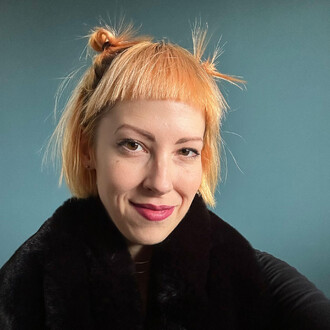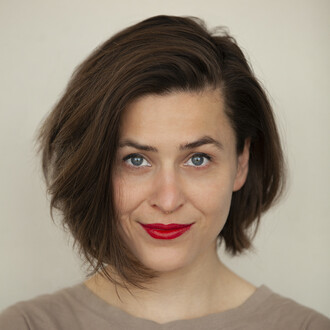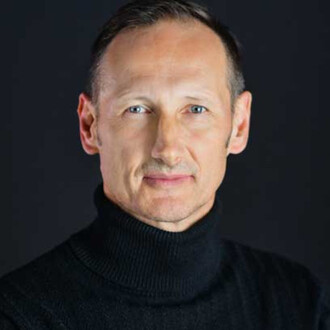Theme of IF Lab 2023/24 – Bodies of Water
For centuries, bodies of water have served not only as the sources of our drinking water and livelihoods, but also as trade routes and supply chains for the modern capitalist economy. Water has been treated as a resource to be extracted, while at the same time it is imagined as a separate, remote entity capable of absorbing our waste and dissolving anthropogenic pollution. The system that has enabled the commodification of water and the violent exploitation of its various properties is the same one that has caused most of the painfully evident scarcity of freshwater and exacerbated inequalities in access to it. In a time of ecological urgency, a relational rethinking of water seems not only necessary but also necessarily political.
“We are all bodies of water! What we do to water, we do to everybody, including ourselves.” The words of cultural theorist Astrida Neimanis not only challenge us to reflect on our relationship with water, but are also a call to action. They suggest that by opening up to a different ethic of relation and care between humans and planetary waters, we can also find a new way of connecting to the rest of nature. How can water's ability to connect the human scale with all other scales of life guide us in finding solutions to urgent ecological issues? What might water teach us about solidarity with other species and each other? And what can we learn about our interdependence with water and moisture from the radical conditions such as those found in deserted areas on Earth or in space?
Fellows
Kosmas Dinh, Artist (DE)
Michał Dawid, Curator and Artistic Researcher (PL)
Mirjami Lantto, Cultural and Environmental Geographer (FI)
Mae Lubetkin, Ocean Researcher & Transdisciplinary Artist (FR/US)
Michal Mitro, Artist and researcher (SK/CZ)
Anthea Oestreicher, Designer and Artistic Researcher (DE)
Vít Růžička, AI and Machine Learning Researcher and Artist (CZ)
Isabel Val Sánchez, Artist (SP)
Weronika Zalewska, Transmedia Artist and Researcher (PL)
Key Program Tutors
Over the course of the program, participants will be guided by and able to consult their projects with two tutors: Lenka Hámošová and Barbora Kleinhamplová. The expert lectures will be programmed by Jurij Krpan.
Lenka Hámošová is a visual artist and researcher working with synthetic media and the use of artificial intelligence in artistic practice. As part of her PhD studies at FAMU in Prague, she is specifically interested in the collective perspective of human-AI co-creation and experimenting with participatory approaches to AI-assisted media synthesis. She also focuses on methods of co-creation and interdisciplinary collaboration in her educational and research activities related to the activities of the Uroboros collective (Uroboros Festival), of which she is a co-founder.
She graduated from the Master's programme in Design at the Sandberg Institute in Amsterdam and in Visual Communication at the Academy of Fine Arts in Bratislava. She has taught at Prague City University, the University of Creative Communication and the Academy of Fine Arts in Bratislava. Lenka lectures and organizes educational workshops for domestic and international institutions and is actively involved in several international projects.
Barbora Kleinhamplová is a visual artist and co-founder of the Institute of Anxiety, where she co-creates its year-round program. In her work, she uses associations and metaphors to explore the question of what constitutes society, what its ills and emotions are, and what its future holds in relation to institutions, work, the economy, and the political situation. She works with performative situations, which are often mediated through video and installations. Through the performativity that she employs in her works, she emphasizes the symbolic role of the politics of bodies in relation to the economic and power system. Barbora has exhibited in the Czech Republic and internationally – e.g. at SAVVY Contemporary, Art in General, Triennial of Contemporary Art U3, Gwangju Biennale, New Museum, Astrup Farnley Museet, or Jakarta Biennale. In 2015, she was awarded the Jindřich Chalupecký Prize.
Jurij Krpan is a curator and selector who in 1995 conceived the Kapelica Gallery – Gallery for Contemporary Investigative Art that is part of the Kersnikova Institute, a non-governmental and non-profit organisation based in Ljubljana. Since then, he has been working as a senior curator. As a curator and commissioner, he has contributed to both national and international exhibitions and festivals, promoting art practices that critically create at the intersection of art, science, technology, and society. In addition to curating, Krpan also operates as a juror and coach.
Programme & Schedule
-
Session I: 6-day kick off meeting during Ji.hlava IDFF, Jihlava, Czech Republic, 22–27 October 2023
Taking place in the middle of one of Europe's largest documentary film festivals, the programme of the first session will allow us to immerse ourselves in a wide range of artistic perspectives. The program, consisting of lectures and roundtables, will focus on theoretical knowledge related to the topic of this edition of IF LAB as well as research and creative methods of interdisciplinary collaboration. Workshops will focus on the formation of interdisciplinary groups, as well as defining research topics and outlining formats for their artistic projects. -
Session II: 4-day residency at Kersnikova Institute, Ljubljana, Slovenia, 30 January – 2 February 2024
The residency at the Kersnikova Institute, a platform for the development, production, and presentation of contemporary investigative art projects, will be an opportunity to further expand our thinking about the theoretical framework of this round of IF LAB and will also focus on project development. The program will include lectures and discussions on the human-nonhuman relationship and will also introduce the possibilities that laboratory infrastructures can bring to artistic creation. The workshops will allow us to test some of our theses through hands-on work in the lab. -
Session III: 3-day residency at Sensorium, Bratislava, Slovakia, 7–9 June 2024
The third session is designed to provide critical feedback and support in the final stages of creating research-based art projects and working towards their presentation in the Display Gallery and beyond. The residency at Sensorium, a festival of digital art and culture, will provide an opportunity to present near-finished art projects to an audience of professionals working at the intersection of art, technology, and science. Workshops and mentoring sessions will focus on strengthening the communication of the main idea of the project. -
Continuous Work on Projects & Consultations, online, November 2023 – September 2024
Sessions in Jihlava, Ljubljana, and Bratislava will allow you to meet in one place and work together on projects. However, much of the work will take place outside these sessions, mainly online. You will be able to consult with tutors during the development and production of your projects, and there will also be three check-in sessions in early December 2023 and February and April 2024 (online, exact dates tba), during which you will present and discuss your projects with tutors and colleagues from other groups. -
Final Project Presentation: Display Gallery, Prague, 7–30 September 2024 (dates tbc) & during Ji.hlava IDFF, Jihlava, 24–29 October 2024 (dates tbc)
The Inspiration Forum LAB is organized by Ji.hlava IDFF’s Inspiration Forum in cooperation with Kersnikova Institute, Sensorium Festival and Display – Association for Research and Collective Practice.
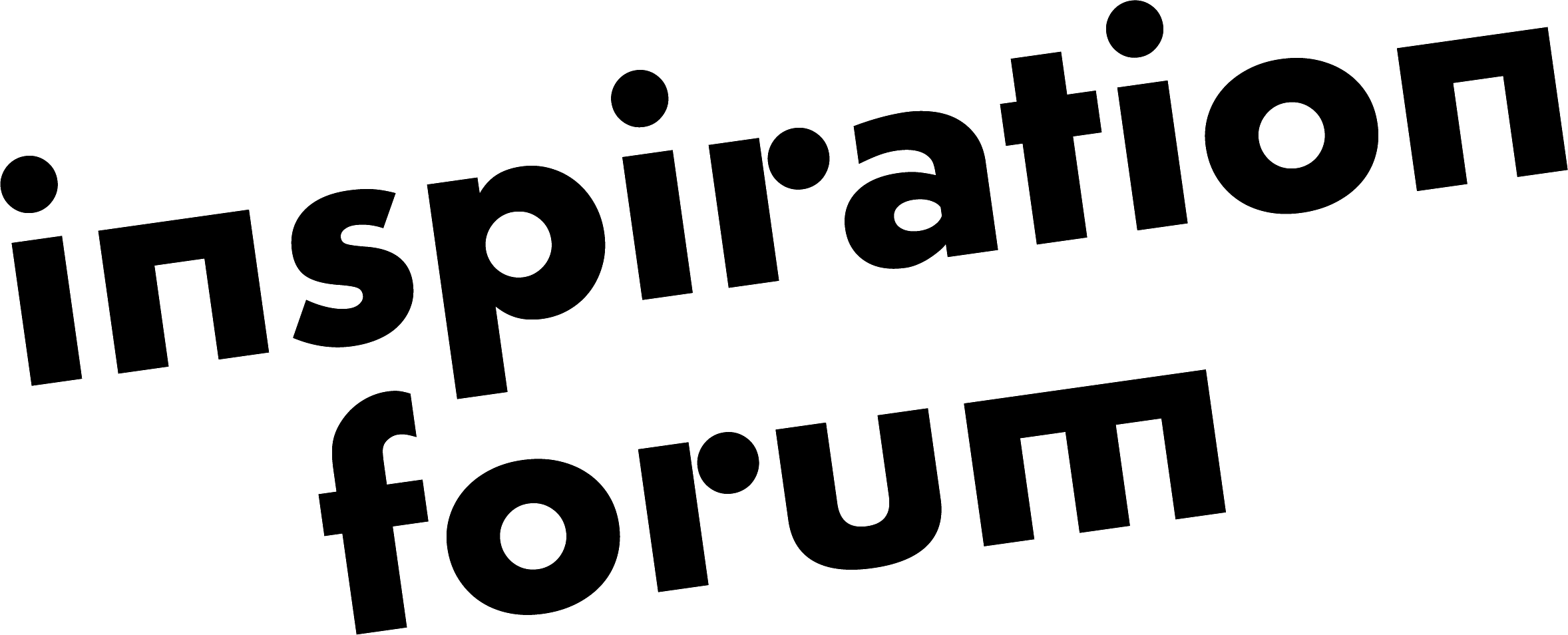 |
 |
 |
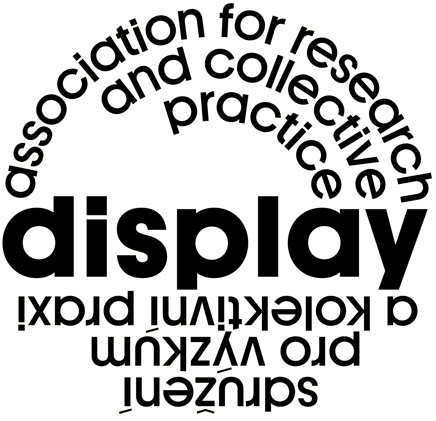 |

